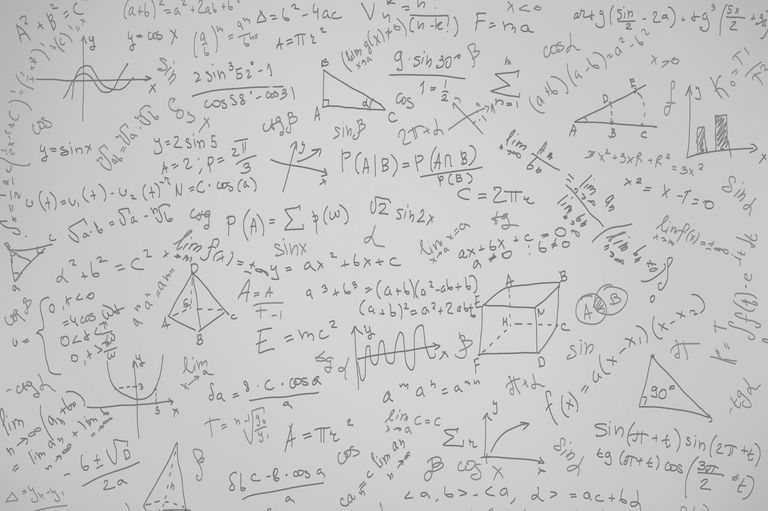Microbial and Geochemical Oceanography in Upwelling Ecosystems
2nd African Discovery Camp for Research-based Training

The South-North flowing Benguela Current creates upwelling cells along the coast of southwestern Africa where cold, nutrient and CO2-rich upwelling water leads to one of the world's most productive marine ecosystem. This high productivity is the basis for a prosperous fishing industry.
At the same time, degradation of excess biomass leads to rapid oxygen depletion, the formation of oxygen minimum zones in the water column and at times to massive upwelling of hypoxic water masses containing microbial metabolites that can be toxic to oxygen-dependent forms of life.
Participation:
We'd like to invite PhD students, postdoctoral researchers, honors MSc students, but also professsors to apply, if they consider the microbiological and geochemical topics of interest to their own research. Participation is limited to 14.
Goals:
Course participants will learn about microbial and geochemical oceanography, in particular about ways in which microbes participate in geochemical cycles in upwelling ecosystems and how chemical, physical and atmospheric processes in turn influence microbial physiology. During lectures and discussions students will also learn about the complex relationships between the microbiome and ecosystem health, which ultimately influences the productivity and the harvestable yield of ecosystems.

